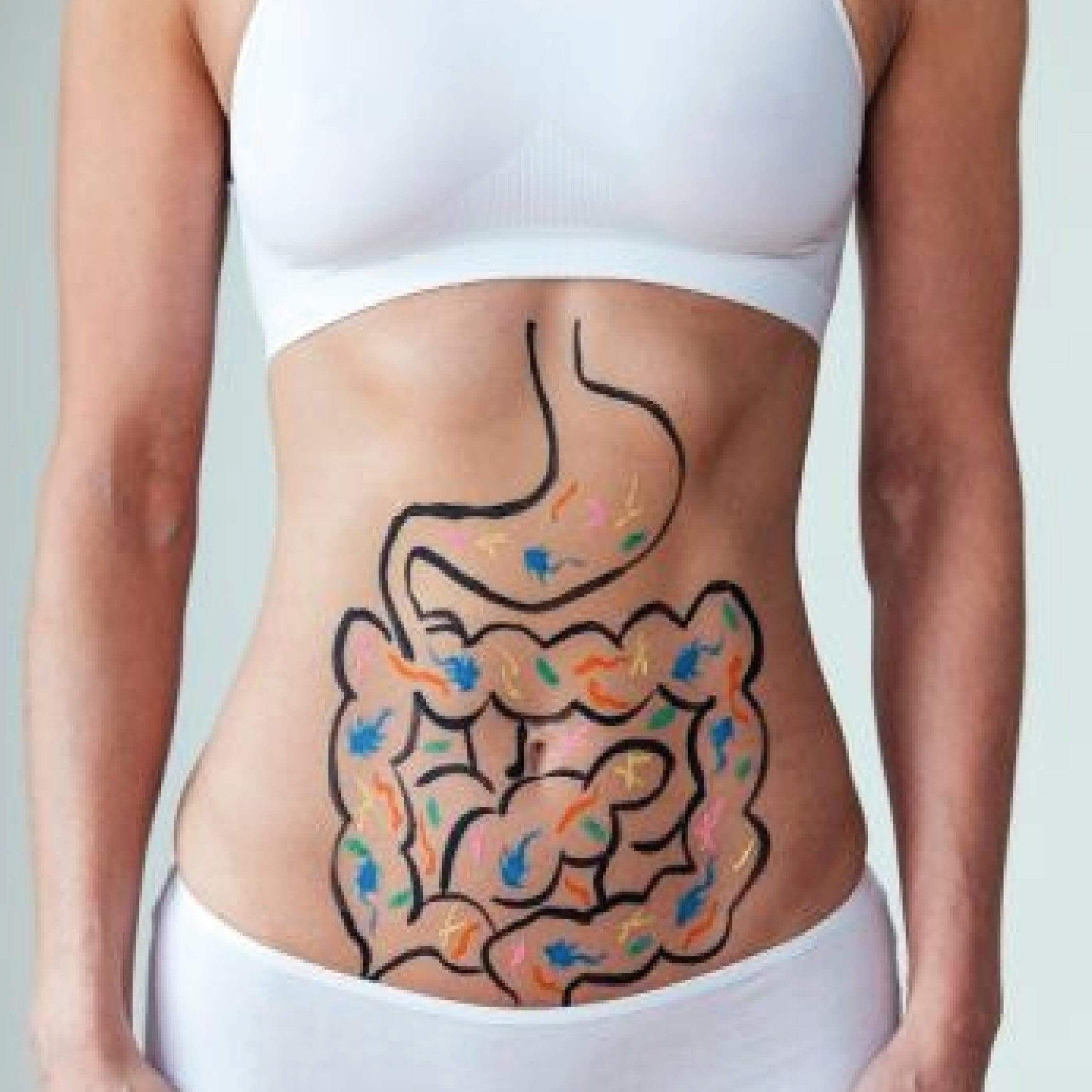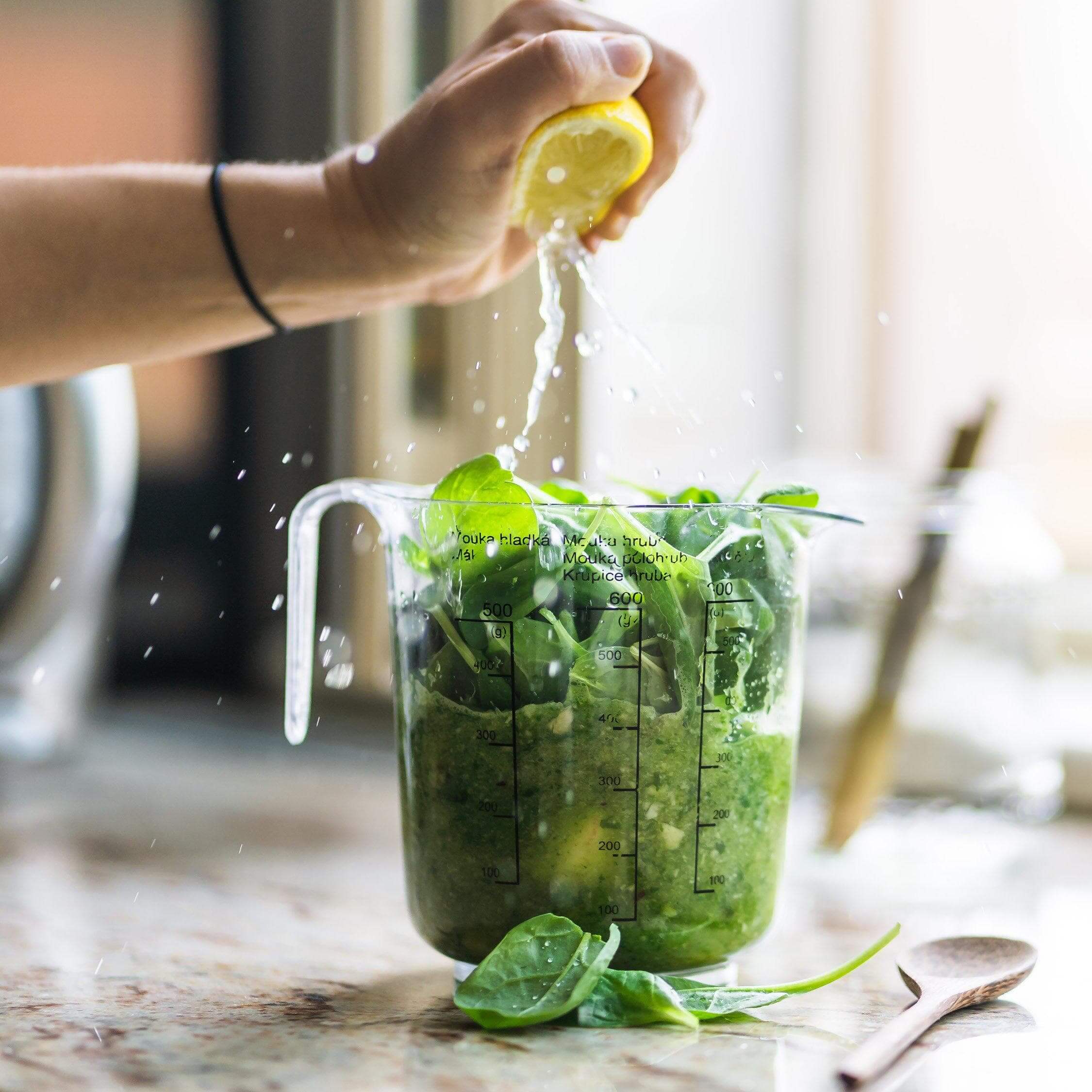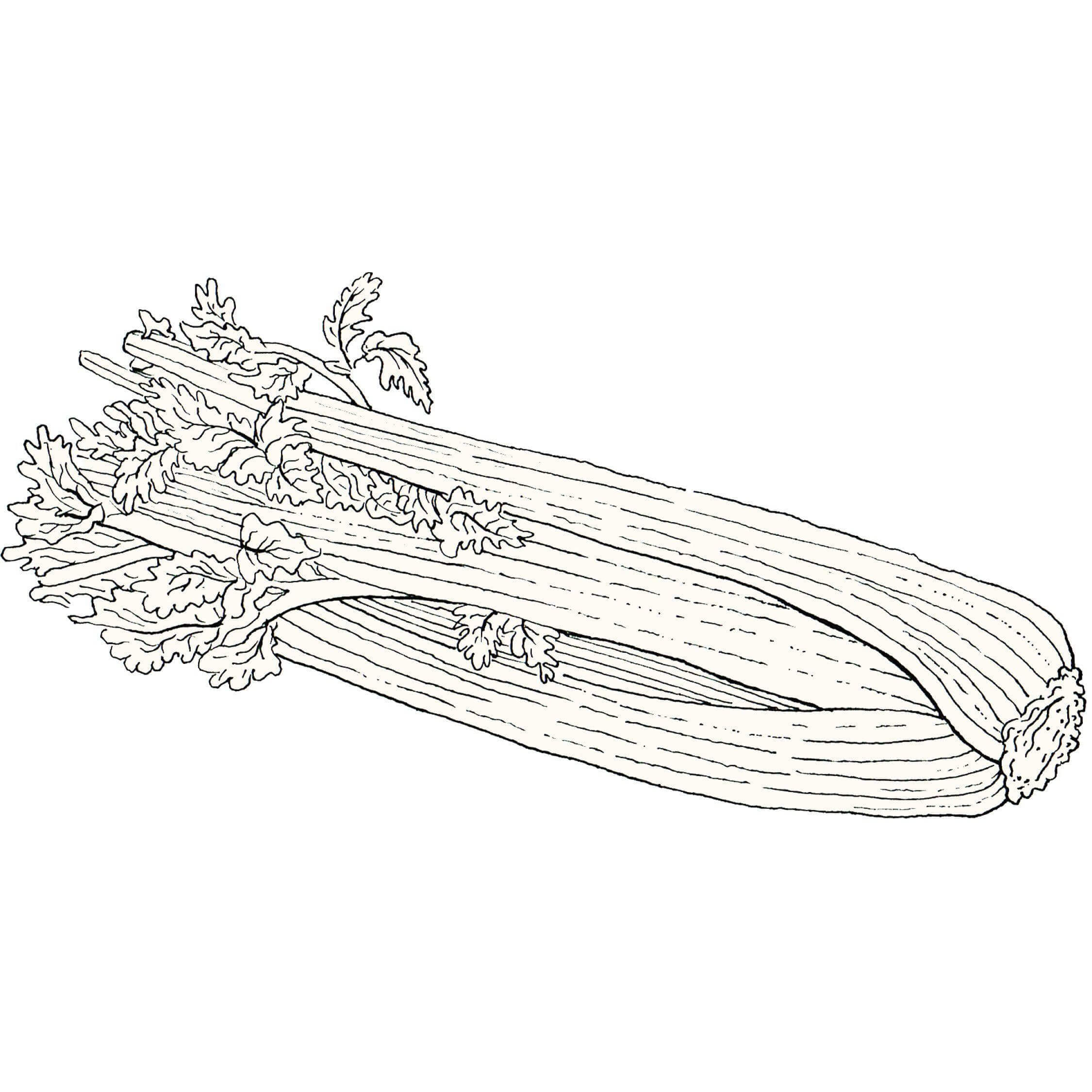5 ways to look after your gut health
Welcome back to the Gut Health series and to the last instalment. If you missed out on our introductory post delving into what the microbiome actually is, and our second post “do you really need probiotics?”, catch up on those first so you’re armed with all the facts!
Today let’s look at some ways to keep your gut bugs happy. There’s a lot of information out there about gut health these days, and whilst it’s so great that such an integral part of the ultimate health puzzle is gaining so much publicity, we need to be wary of big brands and their marketing strategies - for example, all probiotics were not created equal...more on that later.
FIBRE
The evidence is pretty clear on this one and I think most of us are also pretty aware of how important fibre is in our diets. It’s only recently that we’ve come to realise that fibre’s role in our overall health isn’t just to keep us regular but actually as a food source for our gut bugs. Insoluble fibre (skins of fruits and seeds, whole wheat and rice) and soluble fibre (oats, beans, nuts, apples, blueberries). No fibre is digested by the small intestine, it all travels unchanged to the large intestine. Insoluble fibre does not break down in water and so its function is to help bulk out stools. Soluble fibre, on the other hand, is broken down and fermented by our gut bacteria. Both types are crucial for maintaining good gut health and the current recommendation as given by the American Gut Project is to try and eat 30 different types of plant food per week. Sounds like a lot but if you think that a healthy breakfast could contain up to 5-6 types (oats, blueberries, different types of nuts and seeds and fruit), then it sounds more achievable. Set yourself the challenge!
FERMENTED FOODS
Fermented foods like kimchi and kombucha might be on your radar as “healthy”, but are we right in thinking that you’re either sceptical as to whether they ‘work’ or a bit grossed out by how they’re made? Or maybe it’s those bits of the ‘Mother’ floating around in your apple cider vinegar that just puts you right off? Drinks like ACV and Kombucha are made with a symbiotic Culture of Bacteria and Yeast, which is what ferments the sugars added to the mixture in order to make probiotics in the final product. Fermented foods are a great thing to add into your diet as they are a natural source of beneficial bacteria and will contain multiple different strains. Looking to add some to your diet? Try:
- Tempeh (a fermented soy product that is much more delicious than tofu and better for you).
- Kombucha or Kefir (top tip is making your own as many store bought ones aren’t that high in probiotics. The more sour the taste the more beneficial bacteria...and manufacturers have cottoned on that we like to think we’re eating or drinking something good whilst it’s still sugary and delicious).
- Milk Kefir (you can get some incredible coconut milk kefir as well, it’ doesn’t have to be dairy).
- Kimchi
- Sauerkraut
- Miso

The Presscription Gut Cleanse 1 (as seen above) contains beneficial lactobacillus acidophilus.
AVOID PROCESSED FOODS AND TOO MUCH SUGAR
The first thing to point out is that processed foods tend to be high in sugar anyway, so by avoiding them you’re killing two birds with one stone. Over processing food often removes the fibre component (see above as to why fibre is just so crucial for our health), adds in unfamiliar components like emulsifiers and thickeners and spikes our blood sugar levels. The thing to remember is that our gut bugs love sugar, much like us to be honest! If given the chance they will feed off the sugar in our food and multiply like crazy. Their growth can get out of control and this is often what leads to us having gut health issues such as bloating and bad digestion. Stick to a diet rich in plant foods, fibre and vegetables and fruit (lose the almond croissants and sugary chocolate), and you’ll be making some serious positive steps.
CONSIDER PROBIOTICS
Probiotics can help to alter the balance of bacteria in our guts in favour of the good bacteria but it’s important to note that all probiotics were not created equally and you should do your research into which strains might be useful for you (again, see our last post for more information on this), before popping those pills. Lactobacillus acidophilus is the most proven and studied probiotic strain in relation to maintaining good overall microbiome health and we put in the first drink of the day in our GUT CLEANSE 1, the Melon Biotic. First thing in the morning is an ideal time of day to take a probiotic as well, so that it can get into your gut undisturbed after an 8hr fast overnight. In GUT CLEANSE 2 we use Bacillus Coagulans, a strain of bacteria that is typically used to support the immune system. Research and clinical practice has shown strong evidence for Bacillus Coagulans’s ability to fight off invading viruses & pathogens - hence its incredible immune system effects. It has also been shown to decrease IBS (irritable bowel syndrome) abdominal pain and bloating symptoms.
DECREASE STRESS
This is probably the single most impactful thing you can do for your health overall, let alone for your gut bacteria. Studies have shown that stress can alter the levels of good and bad bacteria in our gut and that also the reverse is also true: that bad gut health can lead to depression. We synthesise the majority of our serotonin (our happy hormone) in our gut so it makes sense that a happy gut = a happy mind. You might also be aware of the IBS and stress link. Many people who suffer from IBS say that stress and anxiety greatly exacerbate their symptoms and that if they can just remain calm then they can get through the day without any discomfort. It sounds simple but deep breathing exercises are a fantastic way to signal to your body that it’s time to relax.
If you really fancy a reset - try one of our GUT CLEANSES, formulated with your microbiome in mind, and including pre and probiotic foods to nourish those all important gut bugs.
This post was written in collaboration with @gracekingswell, Nutritional Therapist D. N . Med
 Why Presscription?
Why Presscription?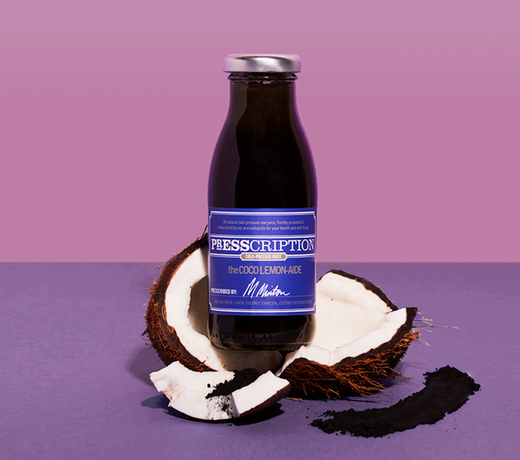 Why Cleanse?
Why Cleanse?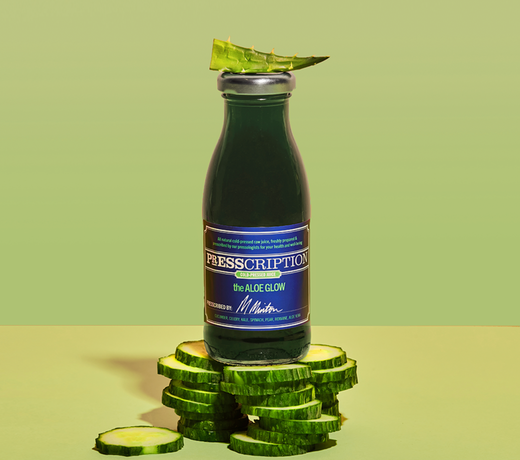 Cleansing Tips
Cleansing Tips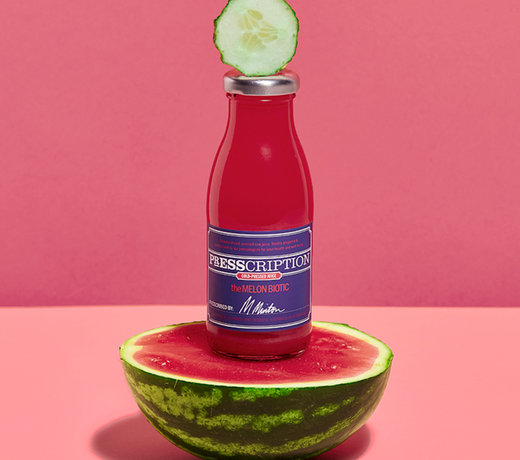 What's Pressing?
What's Pressing?